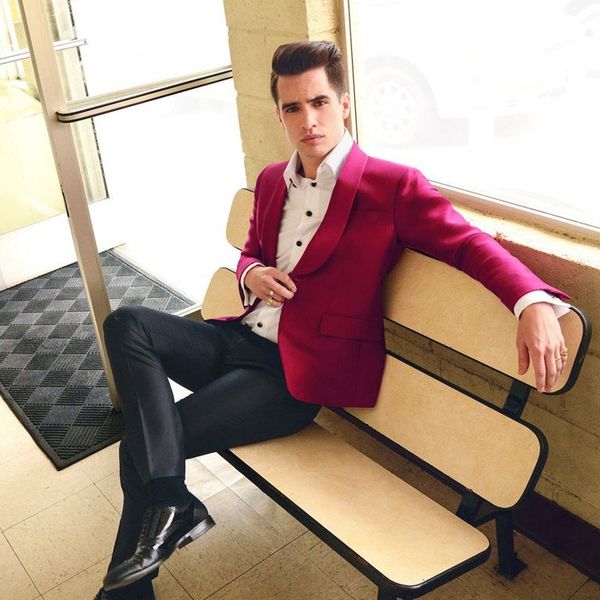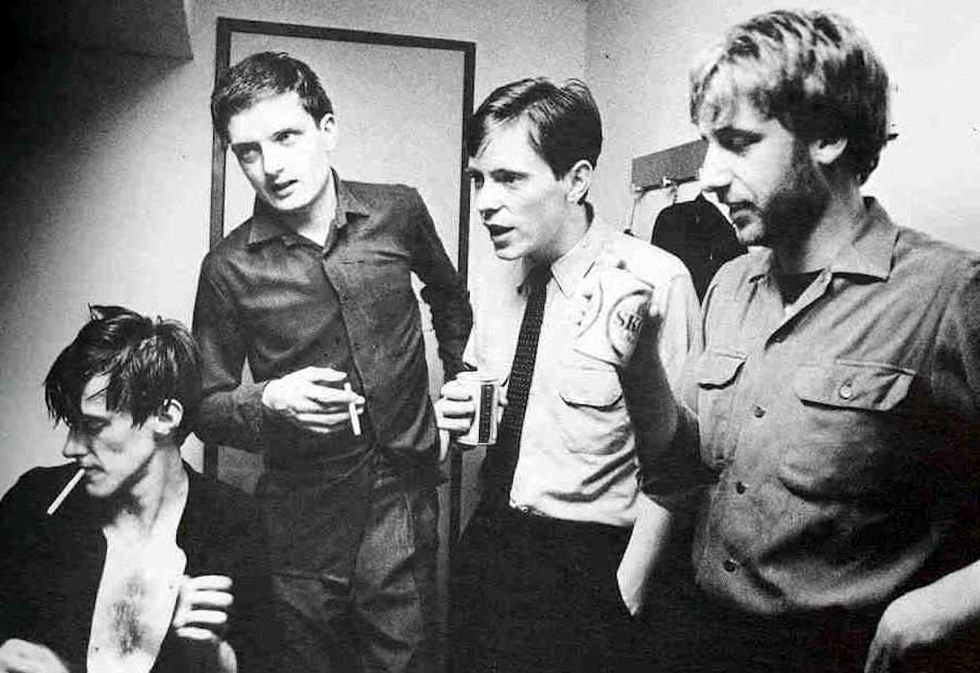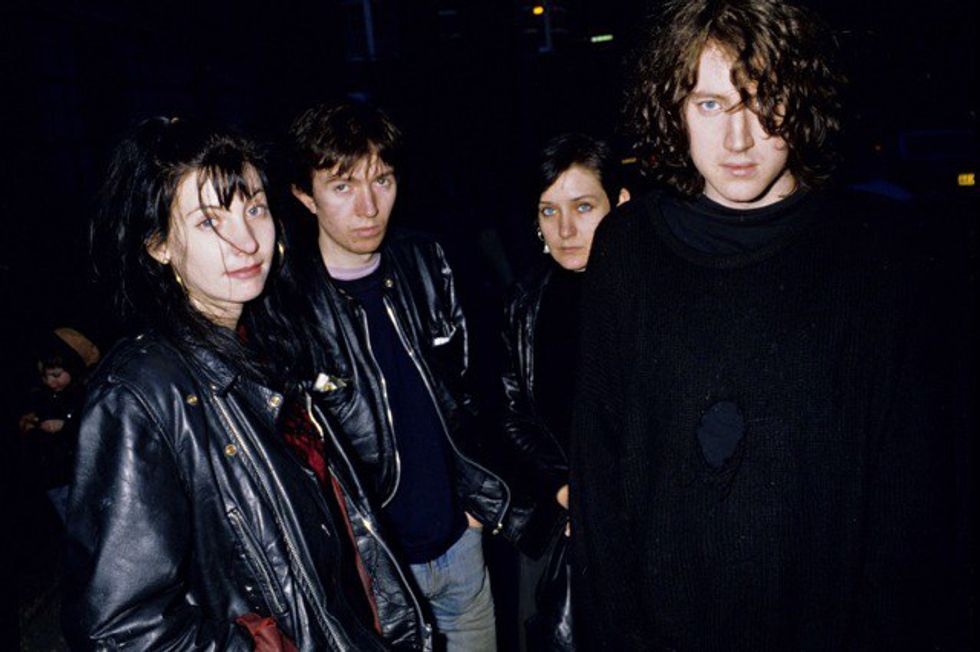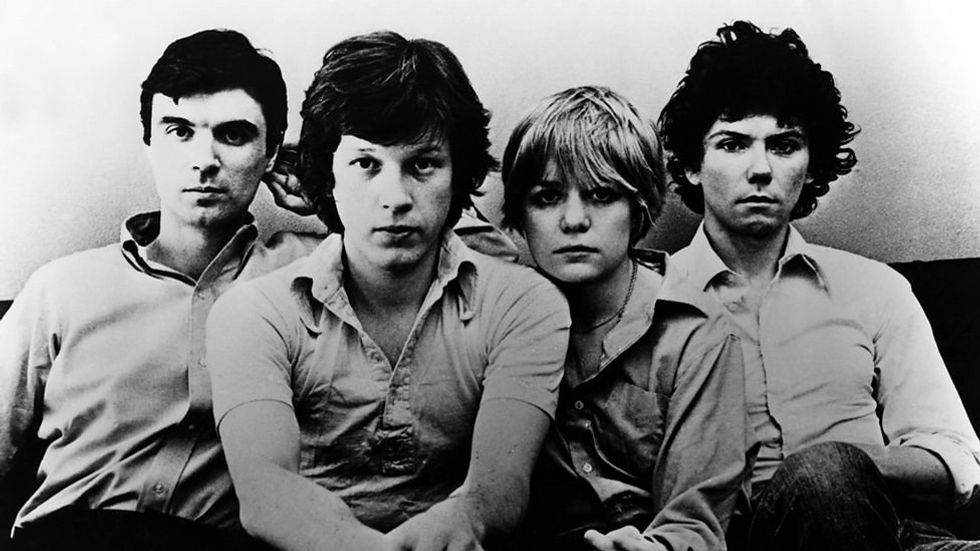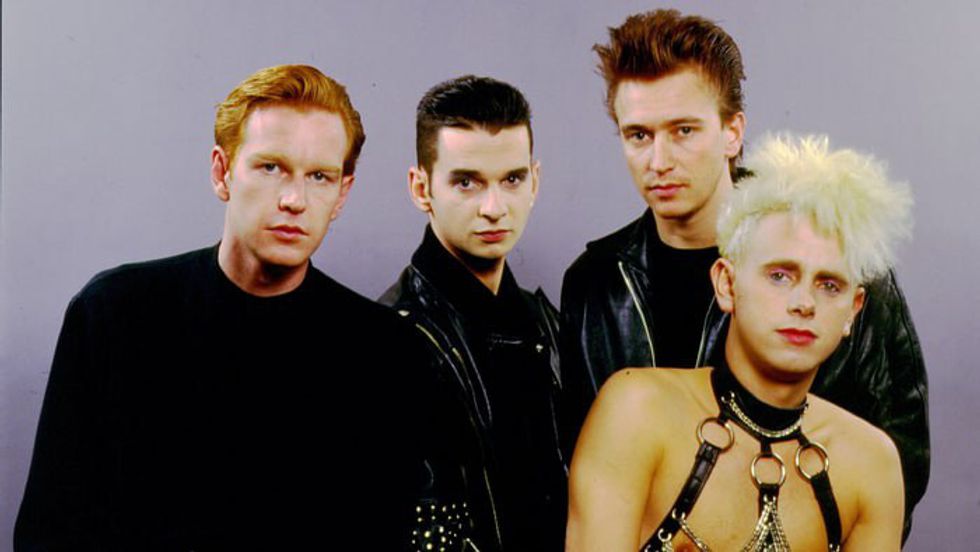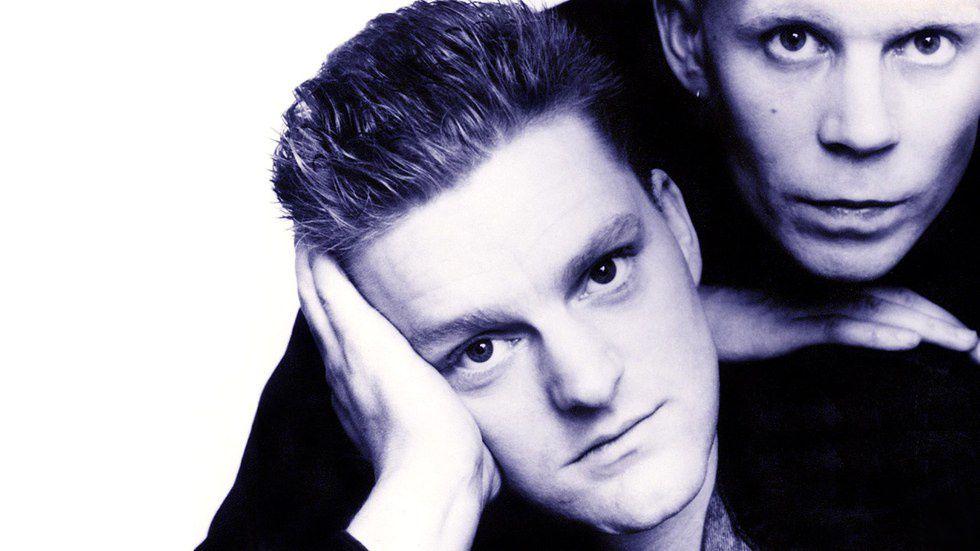As the daughter of a mom who was a teenager in the 1980s, I grew up listening to all the well-known pop music of the decade - from Culture Club to Madonna. Childhood me adored wailing along to Survivor's classic "Eye of the Tiger" and dancing to Toni Basil's "Mickey," but as I've gotten older, my taste in music has changed. Thankfully, my mom wasn't just a pop princess. Realizing that her daughter had grown up to be an alternative-rock kind of girl, she exposed me to a bunch of amazing groups. Here are six not-so-cheesy 80s bands you should be listening to!
1. New Order
After Ian Curtis, Joy Division frontman, tragically hanged himself in 1980, the remaining band members, along with the addition of keyboardist Gillian Gilbert, formed New Order (Jason Ankeny, Rovi). New Order combines new wave aesthetics with it's post-punk roots to create an atmospheric, meaningful, and original sound. Frontman Bernard Sumner's haunting voice combines with noisy synths and intentional lyrics on the track "Age Of Consent," where he presents a strained argument to a lover, singing "I'm not the kind that likes to tell you / Just what you want me to / You're not the kind that needs to tell me / About the birds and the bees."
2. My Bloody Valentine
Formed in 1984 by Kevin Shields, My Bloody Valentine broke convention by pulling from their post-punk and gothic influences to create a hazy, original sound that ultimately led to the shoegaze subgenre. The 1991 release of My Bloody Valentine's sophomore album, "Loveless," marked a peak for the band. Their sound is best exemplified in "Loveless," which blends breathy vocals, white noise, and glide guitar techniques to create a haunting and dreamy listening experience.
3. Talking Heads
Former art students David Byrne, Tina Weymouth, and Chris Frantz formed Talking Heads in 1975 . Later on, the band added Jerry Harrison to play guitar and sing backing vocals. Rising to peak commercial success in the 1980s, Talking Heads released hits such as "Burning Down the House" and "And She Was." Talking Heads' use of world music influences, the art pop sound, and rhythmic innovation created a vast range of experimental work that left a lasting impression.
4. Depeche Mode
Depeche Mode, formed in 1980, went on to become one of the most influential electropop bands of their time. Although their use of synthesizers gave the band a sleek, modern sound, guitarist and keyboardist Martin Gore's dark lyrics combined with lead singer David Gahan's eerie voice gave the band's music distinctly melancholy undertones. Songs such as "Master and Servant," "Enjoy The Silence," and "Higher Love," explore the subconscious, more sensual sides of topics like love and obsession.
5. Erasure
After keyboardist Vince Clarke left Depeche Mode, he formed Erasure with vocalist Andy Bell in 1885 (Stephen Thomas Erlewine, Rovi). Erasure perfectly countered Depeche Mode's sound. Although Erasure was also a synth-based band, their music was much more uplifting, exploring the more pop-based side of synth music. Bell's high-pitched, smooth voice added greater originality to Erasure's atmospheric and romantic work.
6. The Cure
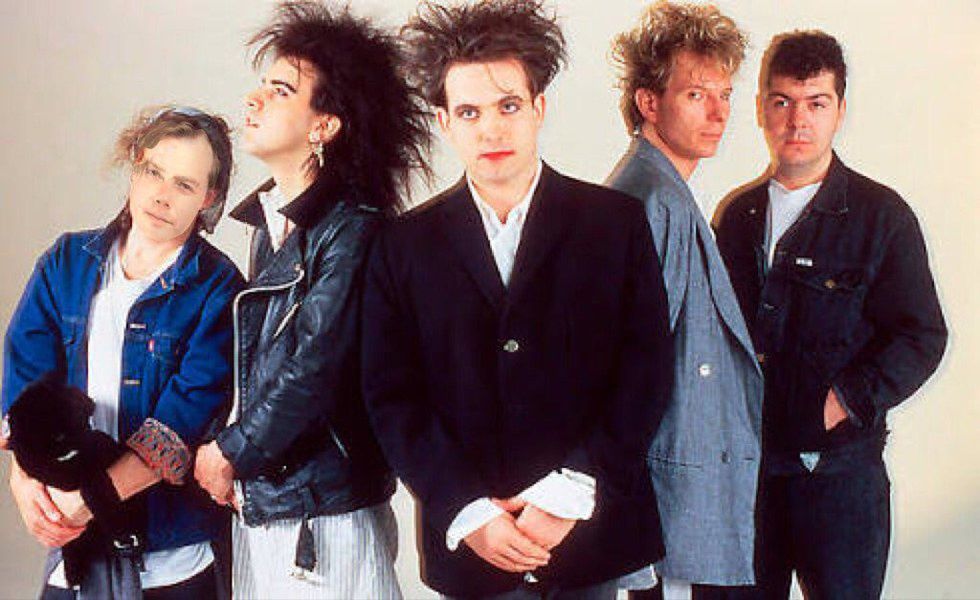
Perhaps the most enduring post-punk/new-wave bands of the 1980s, The Cure was famous for frontman Robert Smith's brooding voice -- and equally gloomy appearance. The Cure's use of melodic bass lines and strained undertones left their work with a distinctly morose quality. Although specific songs such as "Lovesong" possessed a quicker, more pop-like exterior, they appealed to the band's angsty, existential mood. Perhaps one of their most disturbing songs, "Lullaby" explores psycho-sexual and subconscious desires; Smith whispers "On candy stripe legs/the Spiderman comes/Softly through the shadow of the evening sun...I realize with fright/That the Spiderman is having me for dinner tonight."


